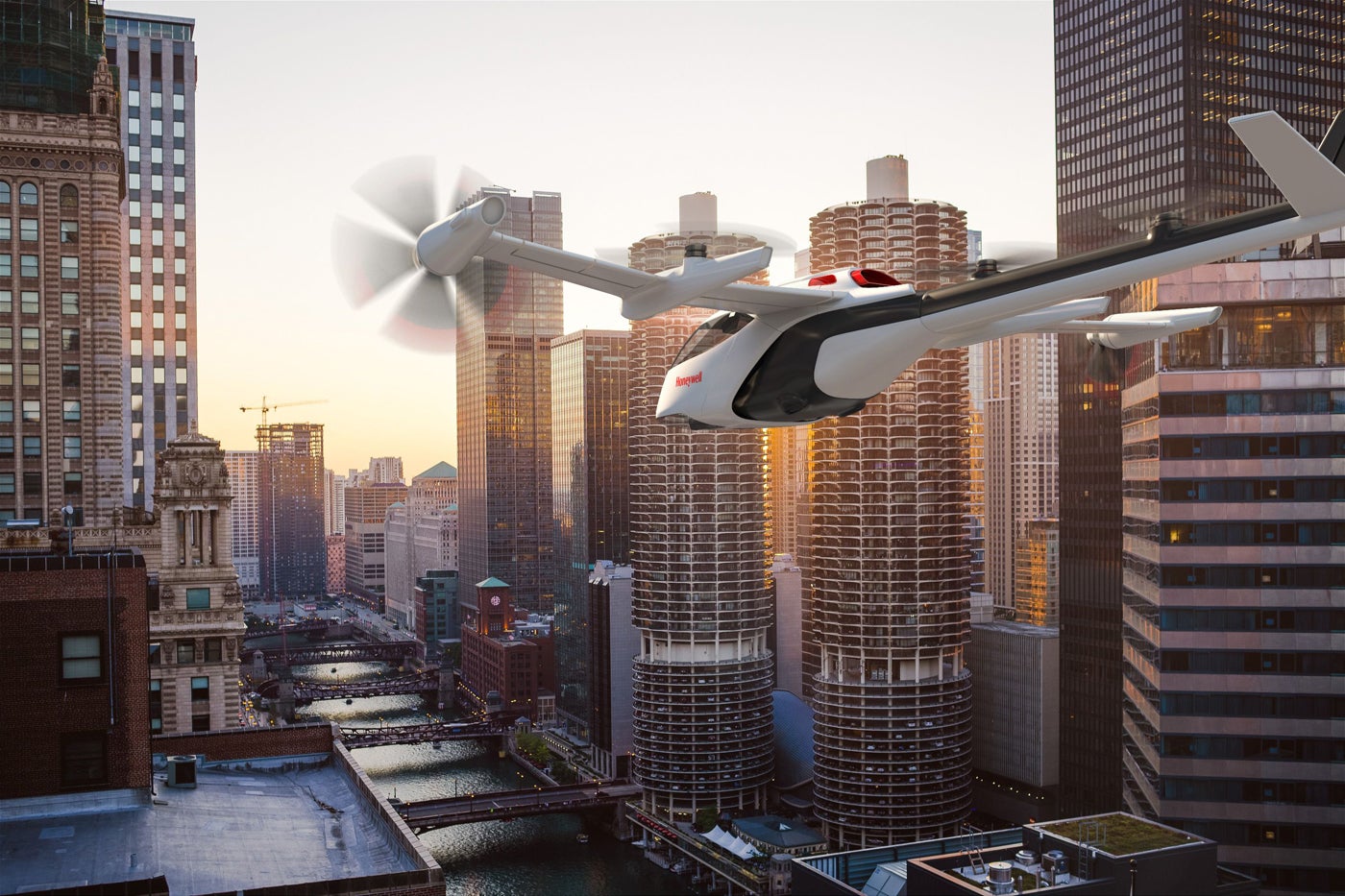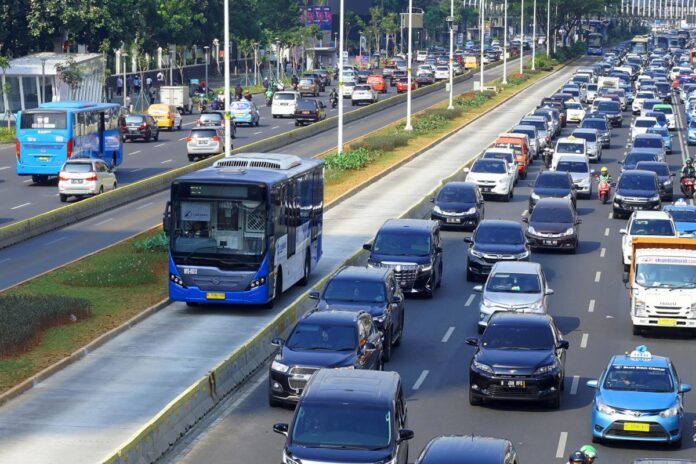Transportation is an essential aspect of human civilization, enabling the movement of people and goods across the globe. However, with the ever-increasing population and the rising concerns about environmental sustainability, the future of transportation demands innovative and eco-friendly solutions. The need for efficient, clean, and sustainable transportation has paved the way for groundbreaking technologies and initiatives that promise to revolutionize the way we travel. In this article, we will explore some of the most exciting innovations shaping the future of transportation.
Electric Vehicles (EVs): The Rise of Electromobility
One of the most significant developments in transportation is the rise of electric vehicles (EVs). EVs are powered by electricity stored in rechargeable batteries, offering a greener alternative to conventional internal combustion engine (ICE) vehicles. With advancements in battery technology, EVs now have longer ranges and faster charging times. Major automobile manufacturers are investing heavily in EV production, driving down costs and increasing accessibility. As a result, EVs are becoming a mainstream option, reducing carbon emissions and air pollution.
Autonomous Vehicles (AVs): A Revolution in Mobility
Autonomous vehicles, also known as self-driving cars, are poised to revolutionize transportation as we know it. AVs utilize advanced sensors, machine learning, and artificial intelligence to navigate and operate vehicles without human intervention. The potential benefits of AVs include improved road safety, reduced congestion, and increased efficiency. Additionally, as AVs can communicate with each other, they can optimize routes, leading to fewer traffic jams and shorter travel times. The widespread adoption of AVs could reshape urban landscapes and transportation networks, offering a sustainable and convenient mode of travel.
Hyperloop: High-Speed Transportation of the Future
The Hyperloop concept, proposed by Elon Musk, envisions a futuristic transportation system that uses a network of low-pressure tubes to transport passenger pods at incredibly high speeds. With speeds exceeding 700 miles per hour (1100 kilometers per hour), the Hyperloop could revolutionize long-distance travel, significantly reducing travel times and increasing efficiency. The system relies on magnetic levitation and reduced air resistance, making it an energy-efficient mode of transportation. Although still in the experimental phase, several companies are actively developing and testing Hyperloop prototypes, showcasing its potential as a game-changing transportation technology.
Urban Air Mobility (UAM): Flying Cars Taking to the Skies
Imagine a future where flying cars navigate the urban skyline, alleviating congestion and providing rapid transportation. Urban Air Mobility (UAM) aims to make this vision a reality. UAM involves the use of electric vertical takeoff and landing (eVTOL) aircraft to transport passengers and cargo within cities. These vehicles are designed to take off and land vertically, similar to helicopters, but are quieter and more environmentally friendly. UAM promises to revolutionize urban transportation, enabling faster commuting and reducing road congestion.

Shared Mobility: Redefining Ownership and Efficiency
The rise of shared mobility services, such as ride-sharing and bike-sharing, is transforming the way we move. By leveraging smartphone apps and real-time data, shared mobility platforms connect users with available transportation options, optimizing efficiency and reducing the number of private vehicles on the road. This shift towards shared mobility not only reduces traffic congestion but also promotes a more sustainable transportation system. Additionally, the integration of electric and autonomous vehicles into shared mobility services further enhances their environmental benefits.
Sustainable Aviation: Greener Skies
Aviation is a significant contributor to greenhouse gas emissions. However, the future of air travel is gradually becoming greener. Airlines and aircraft manufacturers are investing in sustainable aviation technologies to reduce carbon emissions and increase fuel efficiency. This includes the development of hybrid and electric aircraft, the use of sustainable aviation fuels (SAFs) derived from renewable sources, and the implementation of more efficient air traffic management systems. These advancements aim to make air travel more sustainable without compromising safety or convenience.
Infrastructure and Smart Cities: Enabling the Future of Transportation
To support the future of transportation, it is crucial to invest in smart infrastructure and develop connected cities. Smart traffic management systems can optimize traffic flow, reducing congestion and emissions. Efficient charging infrastructure for EVs must be developed to accommodate the growing number of electric vehicles on the road. Furthermore, integrating transportation networks with digital technologies and data analytics can enhance the efficiency of public transportation systems, making them more reliable and accessible.
In conclusion, the future of transportation is witnessing remarkable innovations and eco-friendly solutions that prioritize sustainability and efficiency. Electric vehicles, autonomous vehicles, hyperloop systems, urban air mobility, shared mobility, sustainable aviation, and smart infrastructure are all contributing to a greener and more efficient transportation ecosystem. As these technologies continue to evolve and become more accessible, we can envision a future where transportation is not only convenient but also environmentally friendly, reducing our carbon footprint and creating a more sustainable planet. The future of transportation is indeed exciting, promising a transformative and greener way to move people and goods around the world.

